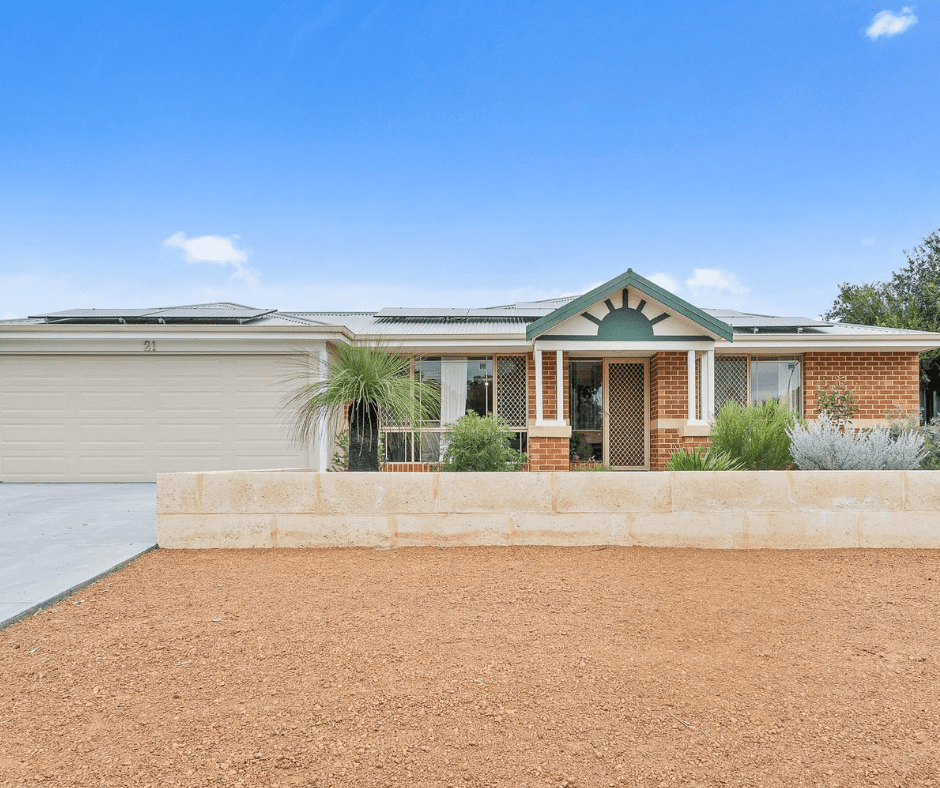
The Australian property market has been defying expectations in a number of different ways for the past few years.
During the pandemic, forecast downturns instead became higher-than-ever growth periods. In 2022, national average values stalled as many cities and neighbourhoods saw a ‘correction’ following dramatic increases.
In 2023, average home value performance is going against what many forecasters have predicted.
The housing market in early 2023
Despite initial concerns surrounding the impact of interest rate increases on the property market, the housing sector displayed resilience in the first start of 2023.
The total falls recorded between May 2022 and the start of 2023 were around 9 per cent. However, data showed the average value of an Australian home increased by 1 per cent during the first quarter of this year.
Experts credit a few factors for the downward trend starting to reverse:
High demand and low stock: CoreLogic says a recent surge in overseas buyers has driven demand up. Meanwhile, there is limited stock on the market, which is keeping conditions in favour of sellers.
Confidence around interest rates: The Reserve Bank increased interest rates several times in succession last year. At the start of the year, some buyers either took a chance on them not going much higher or decided to lock in with a fixed rate to insure themselves against further rises.
While another rate rise was announced in May, there are some signs that inflation is dropping, which may see rates steady out towards the end of the year.
Wage growth: propertyupdates.com.au credits wage growth as another factor that is encouraging buyers into the market.
Government incentives: In NSW, home buyers have been given the choice to pay either upfront stamp duty or ongoing land tax, which has reduced the cost of getting into the market. Other incentives include the First Home Guarantee, which makes it possible for some people to buy with a 5% deposit, and the Regional First Home Buyer Guarantee, which is helping buyers to get their foot on the property ladder outside of city areas.
• Regional markets: The regional market experienced growth during the pandemic as Aussies left cities in favour of working from home in a country town or regional centre. This trend has yet to subside, with CoreLogic reporting a continued rise across all regional areas except for Victoria and NSW. This has contributed to Australia’s property market holding steady at the start of this year.
What’s next for property in Australia?
According to the Director of Research at CoreLogic, Tim Lawless, there is a perception that the property market has bottomed out.
At propertyupdate.com.au, forecasters are saying the market is working through the cycles driven by outside forces like interest rates and inflation. They also point out that the downturns after a boom like was seen during the pandemic have historically been small, so there are no surprises that the market is moving towards recovery.
If you’re trying to decide what to do about property this year, it’s great to know about average values but you also need to understand what’s going on where you plan to sell and where you hope to buy. This will help you make a decision based on localised information as well as your own plans for the future.








